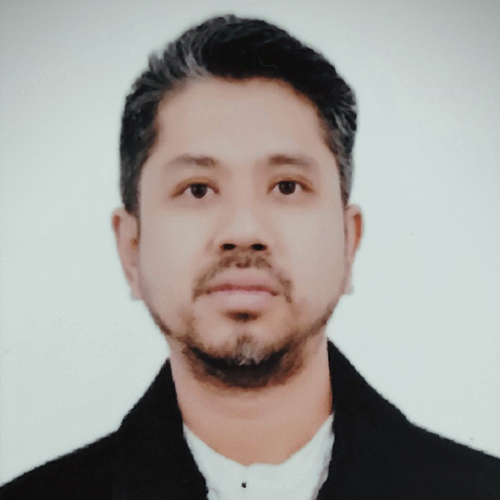Will Netanyahu’s Return Lead to Increased Israeli Isolation?
Going by Netanyahu’s present term, the return of a stronger Right Wing coalition may lead to increased friction in the region and increased Israeli isolation as well.
- Rajeev Agarwal
- January 19, 2013








